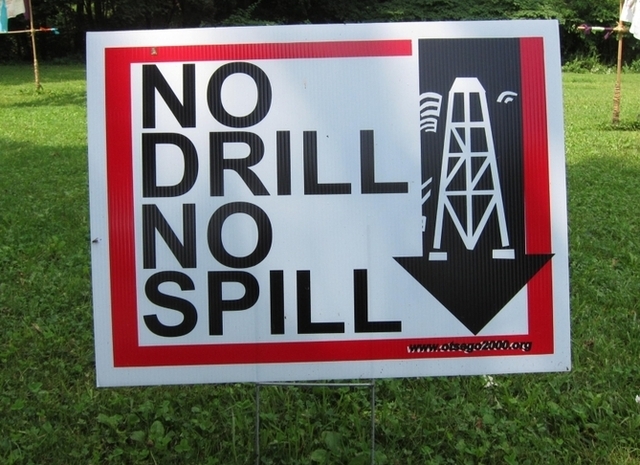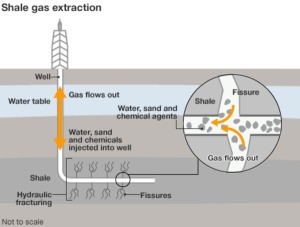Misleading BBC headline about fracking: The importance of reading carefully

by Joan Hoffman, SEJ Program Founder
A recent BBC headline on the internet shocked me: “Fracking Not at Fault in Water Contamination.” Being knowledgeable enough to have serious doubt, I read further and discovered that the tests for water contamination traced the problem to faulty wells rather than the fracking per se, but of course, the wells are a necessary part of the fracking process (also known as hydraulic fracturing or shale gas extraction). Indeed, problems with construction, testing, maintenance and aging of wells are among the reasons that critics are against tracking, along with its toxic fracking fluids.

The BBC is well respected, and such a misleading headline is a disservice to responsible journalism and discussion. The headline should have read something like: “Fracking wells cause water contamination” In fact, the BBC must have realized its error for when I sought the article again, it had a new headline for the article by Matt McGrath, “Weak wells not fracking caused US gas leaks into water supply”. While this was a more honest headline, it still chose to include the term “not fracking” when it could have said “Wells used in fracking contaminate water supply.” The headline suggests that wells and fracking are separable. And while the study shows that well safety can and should be improved, many cracked wells already exist; improving safety would require both new regulations of many kinds, and the will to implement those regulations. In addition, it is my understanding from discussion with experts that all wells crack eventually.
In the meantime, the original BBC headline has been copied on other sites on the internet. We who live in this era face challenges requiring some scientific literacy. While we may need to seek assistance to understand some issues, we can help ourselves by reading carefully and not allowing our analysis to be misshaped by misleading headlines and articles. And, of course, we should seek to provide accurate information to others. It is only with accurate information that we can learn to protect ourselves.